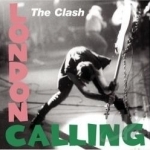BookwormMama14 (18 KP) rated The Lost Girl of Astor Street in Books
Jan 2, 2019
This book is written in first person, but it is nothing like other books with this point of view. Most of the time when I read a book written as first person, I feel like I am simply inside the character's head, getting a front row seat to the way they think and the way they process information that comes their way. With The Lost Girl of Astor Street, Stephanie Morrill takes the first person voice to a whole new level. A level where I felt as though I became Piper Sail. I was processing the way Piper was processing, her thoughts were my thoughts...This added such a deep level of intimacy with the character that I feel like I know Piper like I know myself.
Set in 1920s Chicago, you will be swept into the Jazz Age and will be tempted to dance the night away with Piper and a certain Italian detective. Having grown up in what Piper Sail thought was a safe neighborhood, she soon comes to realize that nothing is as it appears. Has she placed her trust in the wrong people? Will she ever discover what has happened to Lydia? And will the unlikeliest of people, become her greatest champion? Follow "Detective" Sail through the underbelly of Chicago. Uproot lies, reveal truth, and fight for justice for those who can not fight for themselves.
I borrowed The Lost Girl of Astor Street from my local library. I was not required to write a review. All opinions expressed are mine alone.ull review to come.

OnlinePianist
Education and Music
App
Learn how to play your favorite songs on a real piano keyboard. Thousands of easy piano lessons for...
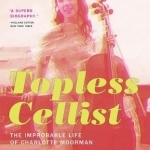
Topless Cellist: The Improbable Life of Charlotte Moorman
Book
The Juilliard-trained cellist Charlotte Moorman sat nude behind a cello of carved ice, performed...
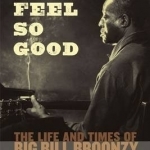
I Feel So Good: The Life and Times of Big Bill Broonzy
Peter Guralnick, Bob Riesman and Pete Townshend
Book
A major figure in American blues and folk music, Big Bill Broonzy (1903-58) left his Arkansas Delta...
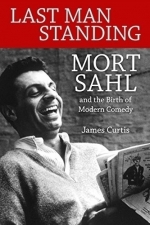
Last Man Standing: Mort Sahl and the Birth of Modern Comedy
Book
On December 22, 1953, Mort Sahl (b. 1927) took the stage at San Francisco's hungry i and changed...
comedy film
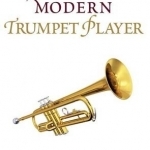
A Dictionary for the Modern Trumpet Player
Book
Titles in Dictionaries for the Modern Musician series offer both the novice and the advanced artist...

Ta-ra-ra-boom-de-ay: The Dodgy Business of Popular Music
Book
Simon Napier-Bell is a legend in the music business. Not only was he the manager of The Yardbirds, T...
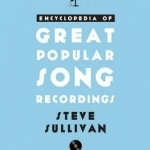
The Encyclopedia of Great Popular Song Recordings
Book
Volumes 3 and 4 of the The Encyclopedia of More Great Popular Song Recordings provides the stories...
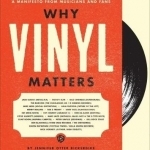
Why Vinyl Matters: A Manifesto from Musicians and Fans
Book
"It's the ritual element of it. It's running your finger down the side of the record, trying to open...

